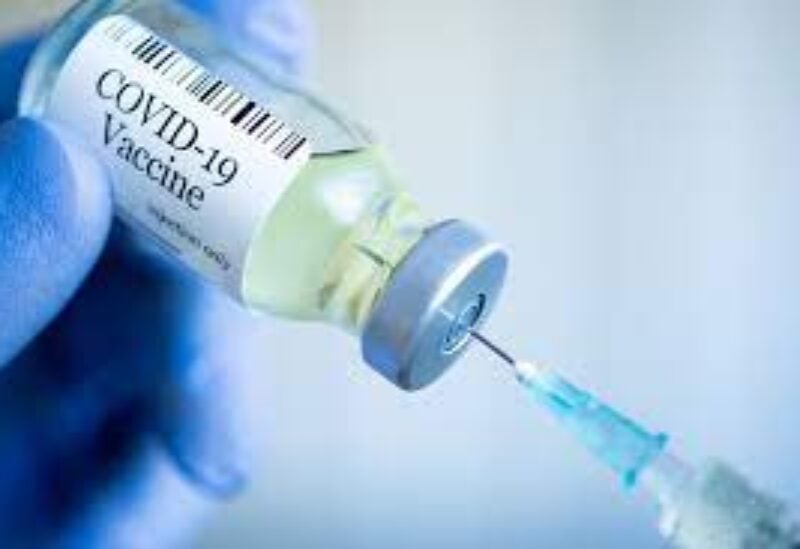
Researchers have discovered an antibody that is highly protective against a wide range of different COVID-19 viral variants, potentially providing a route towards new antibody-based therapies that will hold their potency longer.
The researchers at the Washington University School of Medicine in St. Louis, US, said that only a low dose of the antibody is needed for effectiveness, and added that as the antibody attaches to a part of the virus that differs little across variants, it will likely be more resistant to viral mutations.
“Current antibodies may work against some but not all variants … The virus will likely continue to evolve over time and space. Having broadly neutralizing, effective antibodies that work individually and can be paired to make new combinations will likely prevent resistance,” senior study author Michael Diamond, the Herbert S. Gasser Professor of Medicine at Washington University said in a statement.
The COVID-19 virus has continued to mutate throughout the course of the pandemic, with new variants bringing the potential for higher mortality and infectiousness – as seen with the current delta strain. Scientists have also previously highlighted that vaccines could become less effective the more the virus mutates. The new antibody discovered by the Washington University team varies from other antibody therapies, however, as it targets a little-changed part of the virus.
“This antibody is both highly neutralizing (meaning it works very well at low concentrations) and broadly neutralizing (meaning it works against all variants),” Diamond said.
“That’s an unusual and very desirable combination for an antibody. Also, it binds to a unique spot on the spike protein that isn’t targeted by other antibodies under development. That’s great for combination therapy. We could start thinking about combining this antibody with another one that binds somewhere else to create a combination therapy that would be very difficult for the virus to resist,” he added.
To discover the antibody, the researchers began by immunizing mice before extracting antibody-producing cells, from which they obtained 43 antibodies that target the part of the virus the team were focusing on.
With these 43 antibodies, the team measured how well they could prevent the original Wuhan COVID-19 strain from infecting cells in a dish. The nine most potent neutralizing antibodies were then tested on mice to see if they could protect animals infected with the original COVID-19 virus from disease.
Two of the antibodies tested were found to be most effective, one of which, a humanized version of SARS2-38, was found to protect mice against disease caused by two variants – kappa and a virus with elements from the beta variant. The researchers noted that as the beta variant is highly resistant to antibodies, the effectiveness of SARS2-38 was particularly impressive.